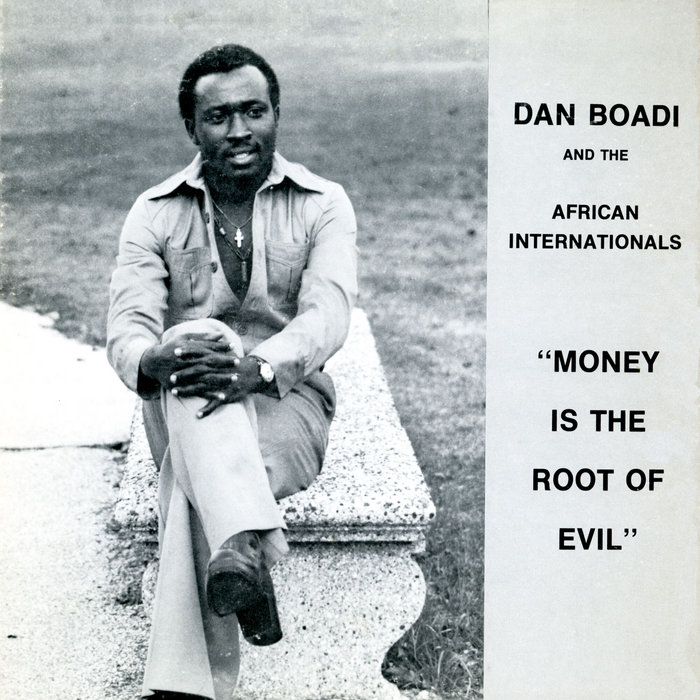
Money Is The Root Of Evil – Dan Boadi & The African Internationals
this blog is GROOVY – check out great Soul, Funk, Jazz, Hip Hop, Bass, Breaks , Reggae, House n many more TUNES
Ghana, a country bursting with vibrant cultures and rich traditions, has a music scene that grooves as smoothly as palm wine on a sunny afternoon. From highlife to hiplife, the melodies here tell tales as old as time while pushing boundaries into the modern era. Let’s take a funky ride through the rhythms of Ghana!
Highlife emerged in the early 20th century, mixing traditional Akan melodies with jazz and swing influences brought by European colonizers. Picture this: brass bands belting out tunes at lively celebrations! It all started in coastal cities like Accra and Takoradi—where fishermen would gather after long days at sea and let loose.
Funny fact: The word “highlife” was originally coined by wealthy people who enjoyed dancing to this music. Somewhere along the line, it became popular among everyone—including those who danced only two steps left!
Now we can’t talk about highlife without mentioning its heavyweights like E.T. Mensah and Nana Ampadu. E.T., known as “the King of Highlife,” made waves with infectious tunes that got even your grandma dancing! Legend has it he once played so hard at an outdoor concert that a flock of birds flew away from his rhythm—scared they might miss out on all that fun!
Fast forward to the ’90s—the streets were alive with new energy! Enter hiplife—a fusion of hip hop and highlife designed for urban youth cravin’ something fresh yet familiar. Artists like Reggie Rockstone took charge, paving paths for young guns everywhere.
Here’s another chuckle-worthy tidbit: Reggie Rockstone is often called the “Godfather” of hiplife—though when you see him dance, you’d swear he’s trying to introduce us all to some divine moves straight from heaven’s dance floor!
As hiplife grew in popularity beyond Ghana’s borders, international collaborations sprang up faster than you could say “let’s groove tonight!” Even artists outside Africa jumped onto this musical bandwagon—showing just how universal good vibes can be.
But hold up; we can’t forget traditional sounds! Drums play significant roles in ceremonies all over Ghana—from funerals to festivals (cue Djembe)! And while modern musicians may rock stages worldwide today—they still respect their roots.
Did you know? Some contemporary Ghanaians have integrated indigenous styles into pop hits—including Afrobeats—that make even your cat want to shimmy around their litter box whenever it plays…? Okay maybe that’s stretching it—but cats do love beats too!
Ghanaian female musicians are making strides too; let’s shine light on legends like Amakye Dede—and current stars such as Wiyaala or MzVee who bring flair with fierceness (and hairstyles so fabulous they deserve their own reality show!).
And here’s something hilarious: Adina’s song about heartbreak went viral because her ex-boyfriend thought she was singing directly at him—he showed up one day unexpectedly saying he wanted reconciliation over ice cream… Spoiler alert though—it didn’t work out quite like those rom-com movies often portray…
Reggae found its way into hearts here during the ’70s thanks mostly due to legends such as Osibisa blending Caribbean rhythms alongside local flavors creating tracks irresistible enough for anyone not technically restricted from busting moves!
Their instrumentation opened doors wide open allowing many more genres seep through including Dancehall which keeps growing day by day further captivating audiences globally!
One well-known artist accidentally performed live on national television completely forgetting his lyrics halfway through… He had no choice but freestyle going off pure adrenaline (talk about entertaining moments!).
There was also an infamous incident where two rival fans tried pulling apart opposing musicians’ shirts during concerts; irony being each wore matching outfits without realizing they represented different acts altogether!
Plus let’s not forget Kofi Kinaata whose clever lyrics won him accolades AND his childhood nickname “Kofi Rhyme Machine” because folks swore every syllable flowed seamlessly just like liquid gold flowing down rivers…
So there you have it—the colorful tapestry woven throughout Ghana’s musical history stretches far beyond mere notes played together or catchy hooks stuck inside our heads (though we certainly love humming them anyway!). It embodies community spirit celebrating diversity while inspiring generations rising toward new creations yet unseen.
One thing is certain regardless if you’re jamming under moons or vibing indoors surrounded friends enjoyin’ snacks—we’ll keep grooving forevermore ‘cause hey—that’s what good life means fam… Now don’t stop dancin’ wherever ya are 🎶✨

Money Is The Root Of Evil – Dan Boadi & The African Internationals
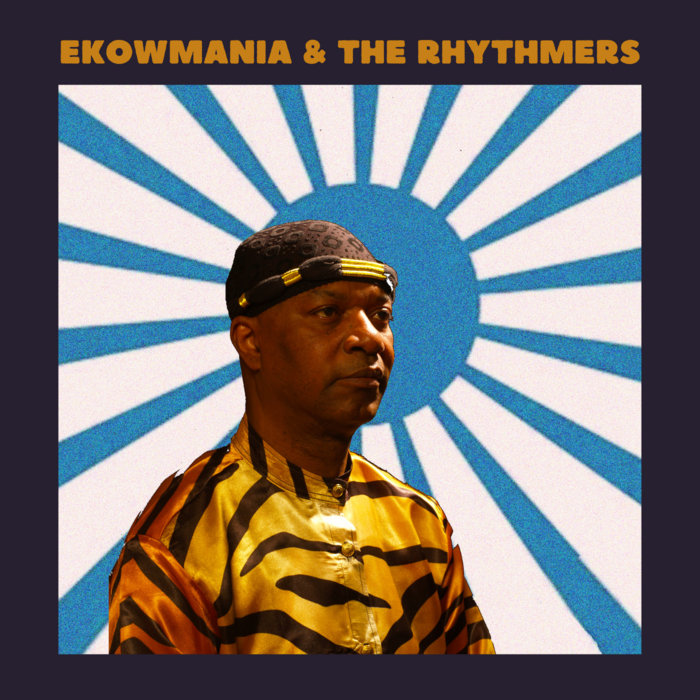
Ananse (feat. Sir Frank Karikari) – Ekowmania & The Rhythmers
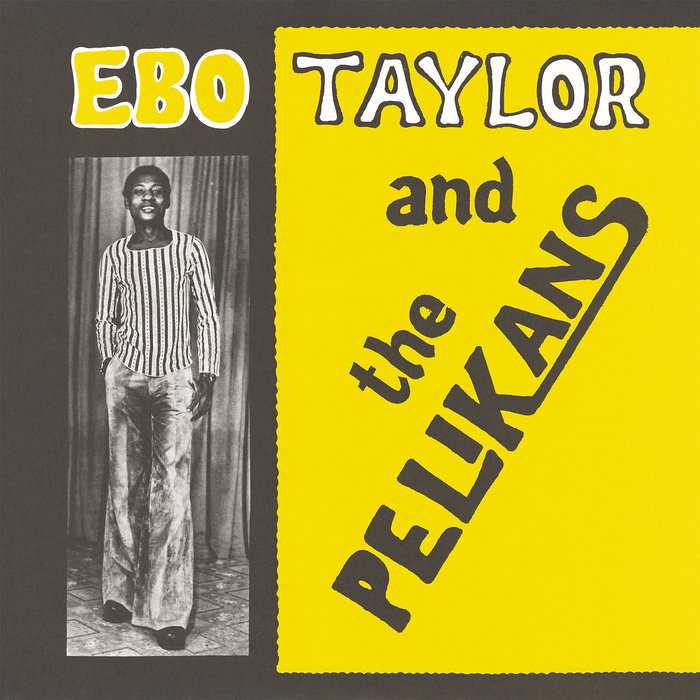
Egya Du – Ebo Taylor
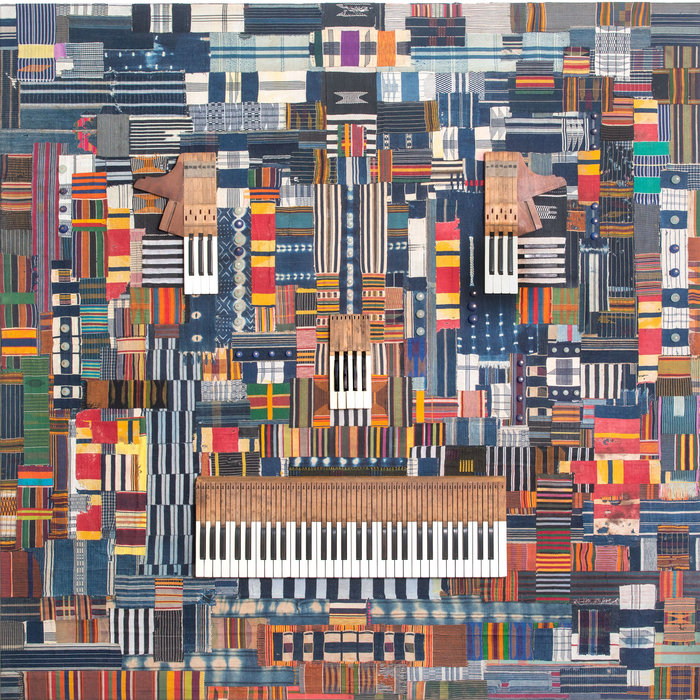
M'akoma Nnwom – Kwashibu Area Band
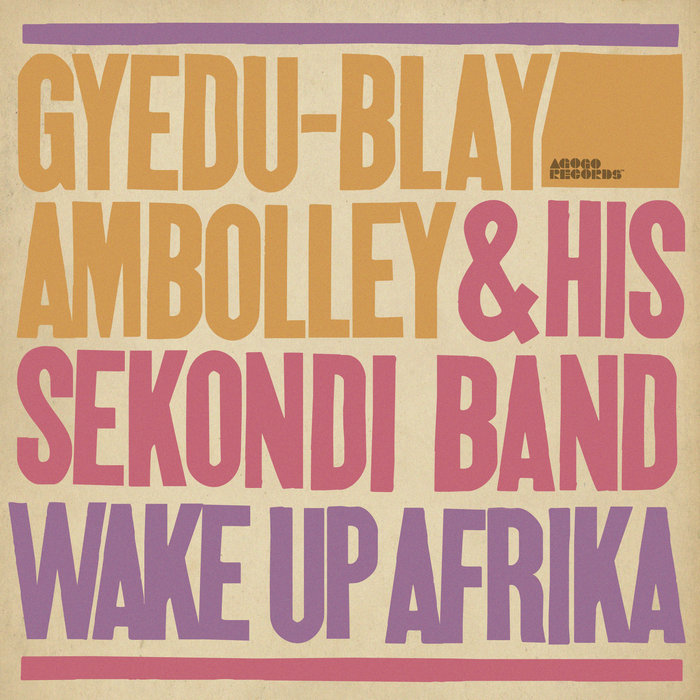
Ochoko Bila – Gyedu-Blay Ambolley
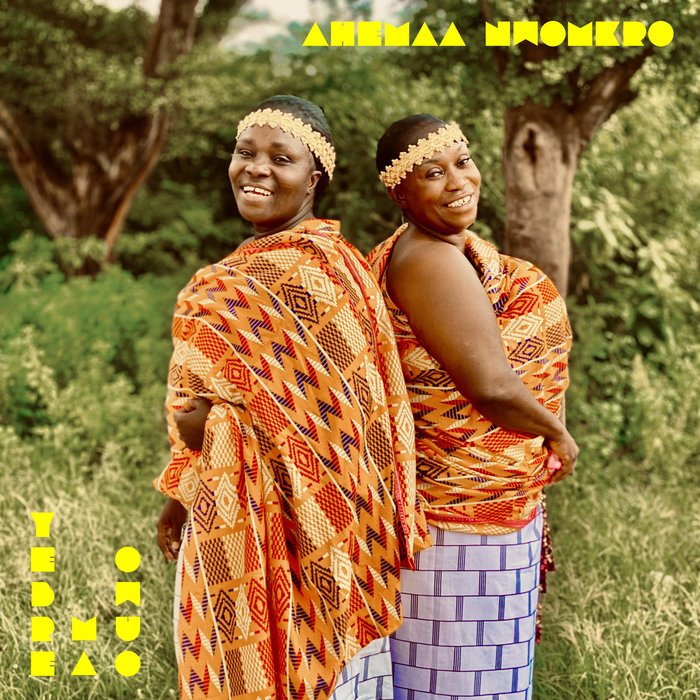
Yebre Ma Owuo – Ahemaa Nwomkro
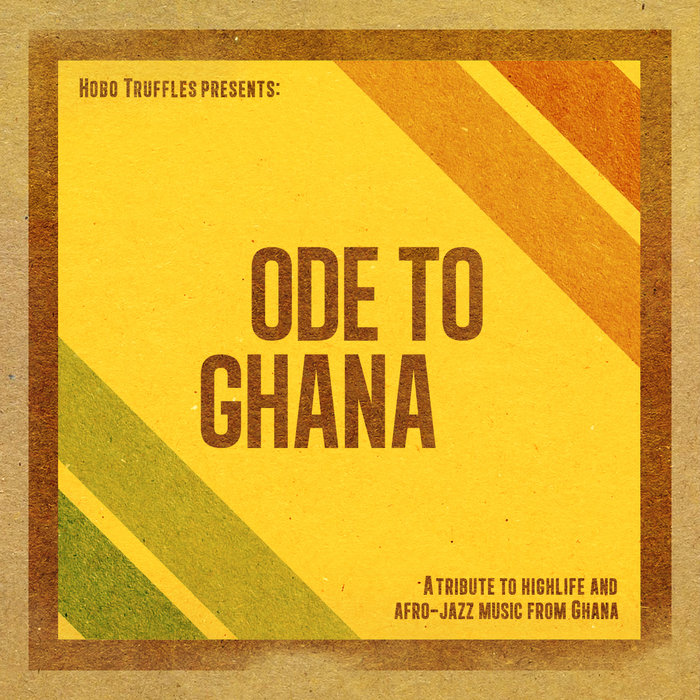
Ode To Ghana – Hobo Truffles